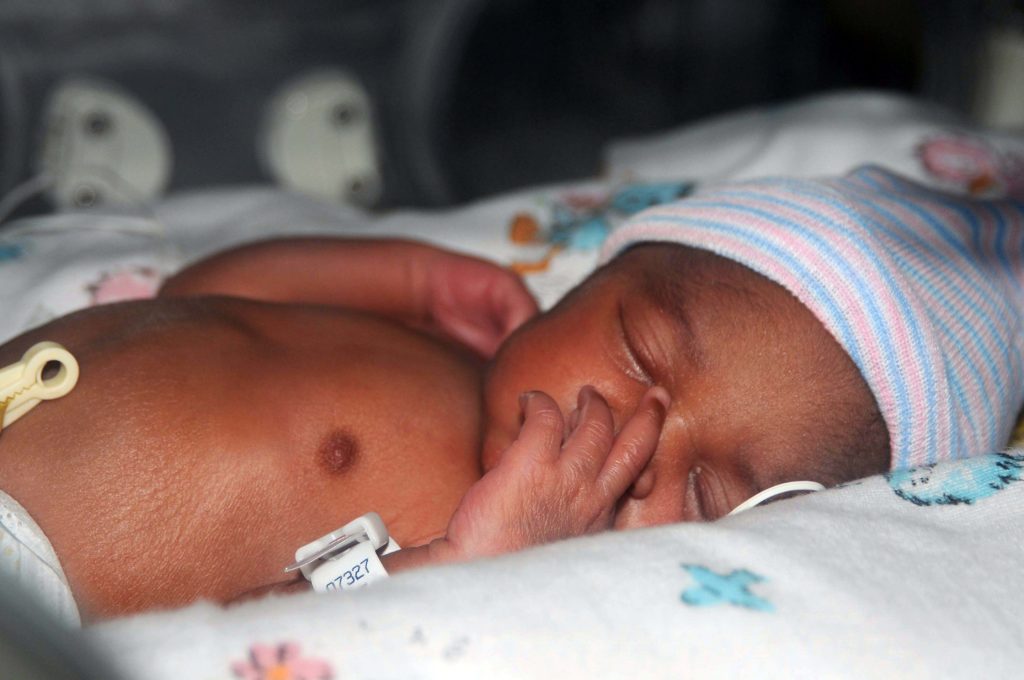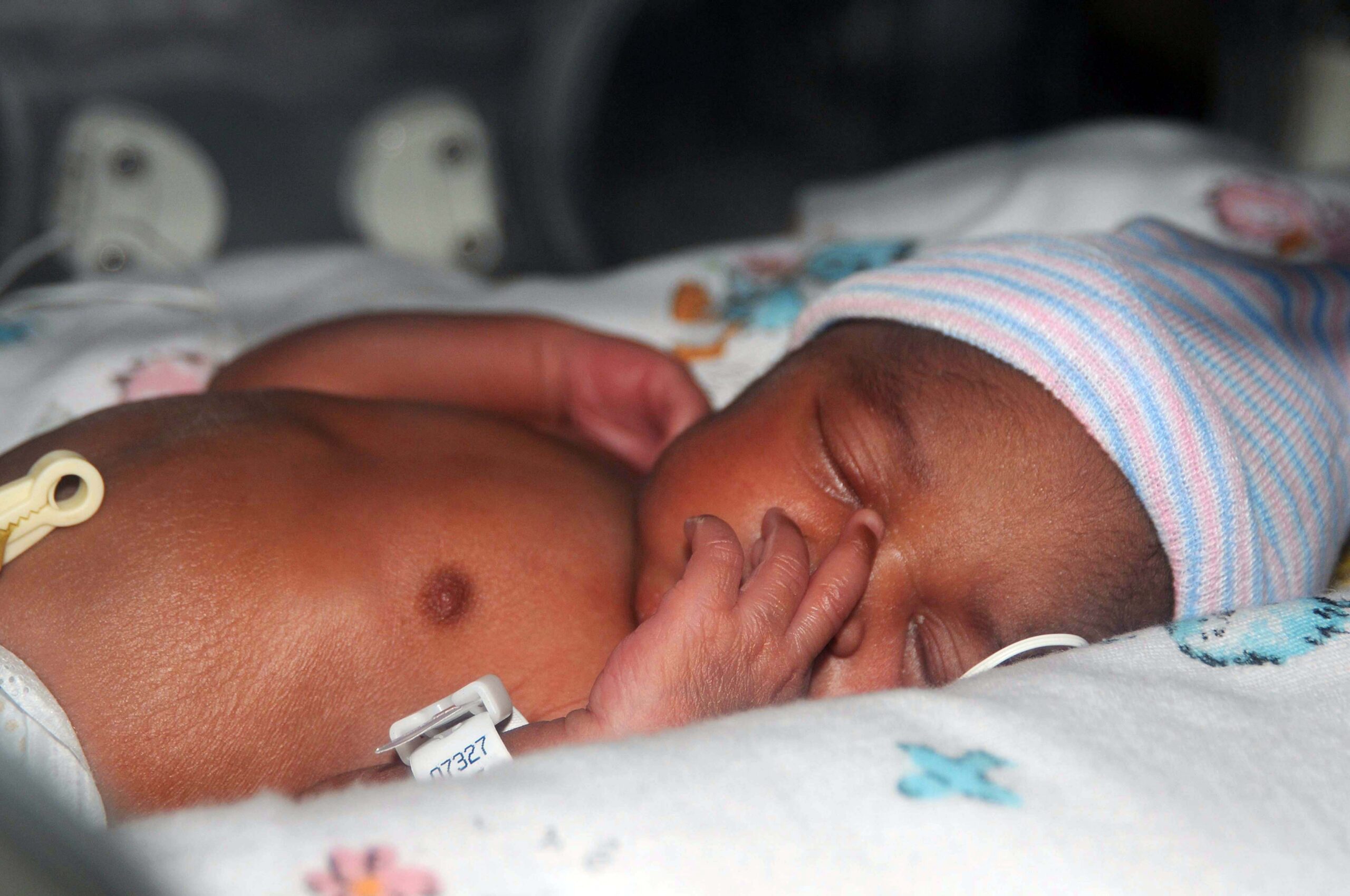Biogen’s first quarter earnings report revealed that the company’s spinal muscular atrophy (SMA) drug Spinraza (nusinersin) fell short of the $381 million sales target for the period, bringing in $364 million during the first three months of 2018. While the number of SMA patients in the US taking Spinraza has grown from 1,640 to 1,910 since Q4 2017, the rate of patient acquisition has significantly slowed. Between October and December of 2017, Biogen had 420 new patients starting therapy with Spinraza, compared to just 280 new patients from January to March of 2018.
What’s more, 40 percent of all patients on Spinraza are now taking maintenance doses, which are less-costly than the initial dose of the SMA drug. Spinraza costs $750,000 for the first year of treatment, however this drops to $375,000 per annum for maintenance treatment which means once that majority of new patients have received their initial dose, Spinraza revenues will likely drop.
“I don’t think we’re saying that Spinraza is going to flatten out indefinitely,” said Chief Financial Officer Jeff Capello during Biogen’s recent earnings call. “I think what we’re saying is that we had such success getting through the bolus of patients when we first introduced the drug that we had a one-time benefit of a number of patients, particularly in the infants and pediatrics. And we’ve worked our way through that, which is why the loading doses have come down a bit and it’s impacting our sequential growth.”
Despite waning Spinraza sales, Biogen executives seem confident that they’ll be able to use the same strategies that worked in the infant SMA population to get pediatric patients and adults with the condition taking the drug. According to the company’s CEO, there are still 5,000 patients with SMA which could be eligible for treatment with Spinraza.
RELATED: New Therapy for Rare Spinal Muscular Atrophy Receives FDA Approval
“We started 2018 well with our first quarter revenues growing 11 percent versus the prior year, or 15 percent excluding hemophilia revenues. This is in line with our expectations,” said Michel Vounatsos, Biogen’s Chief Executive Officer. “The fundamentals and resilience of our multiple sclerosis business remained strong, while we experienced anticipated seasonality at the beginning of the year. I believe there is significant opportunity for the future growth of Spinraza worldwide as we position Biogen for long-term leadership in spinal muscular atrophy.”
But with biotech company AveXis posting promising initial data from an early stage trial of their SMA gene therapy candidate, AVXS-101, Biogen could soon face market competition for Spinraza. AveXis’ drug development pipeline for AVXS-101 attracted the attention of pharmaceutical giant Novartis earlier this month, which announced it would be acquiring the biotech – and its lead SMA candidate – in an $8.7 billion deal.
If approved, AveXis’ SMA gene therapy would only require one dose to potentially cure the condition, however Biogen doesn’t see this type of one-time therapy as competition.
“We do not believe gene therapies will replace [antisense oligonucleotides like Spinraza], but will provide a complementary therapy option,” said Michael Ehlers, head of R&D for Biogen.
Spinraza was approved by the US Food and Drug Administration (FDA) in December 2016.*
*Editor’s Note: A previous version of this article misstated that Spinraza was approved in early 2017.










Join or login to leave a comment
JOIN LOGIN